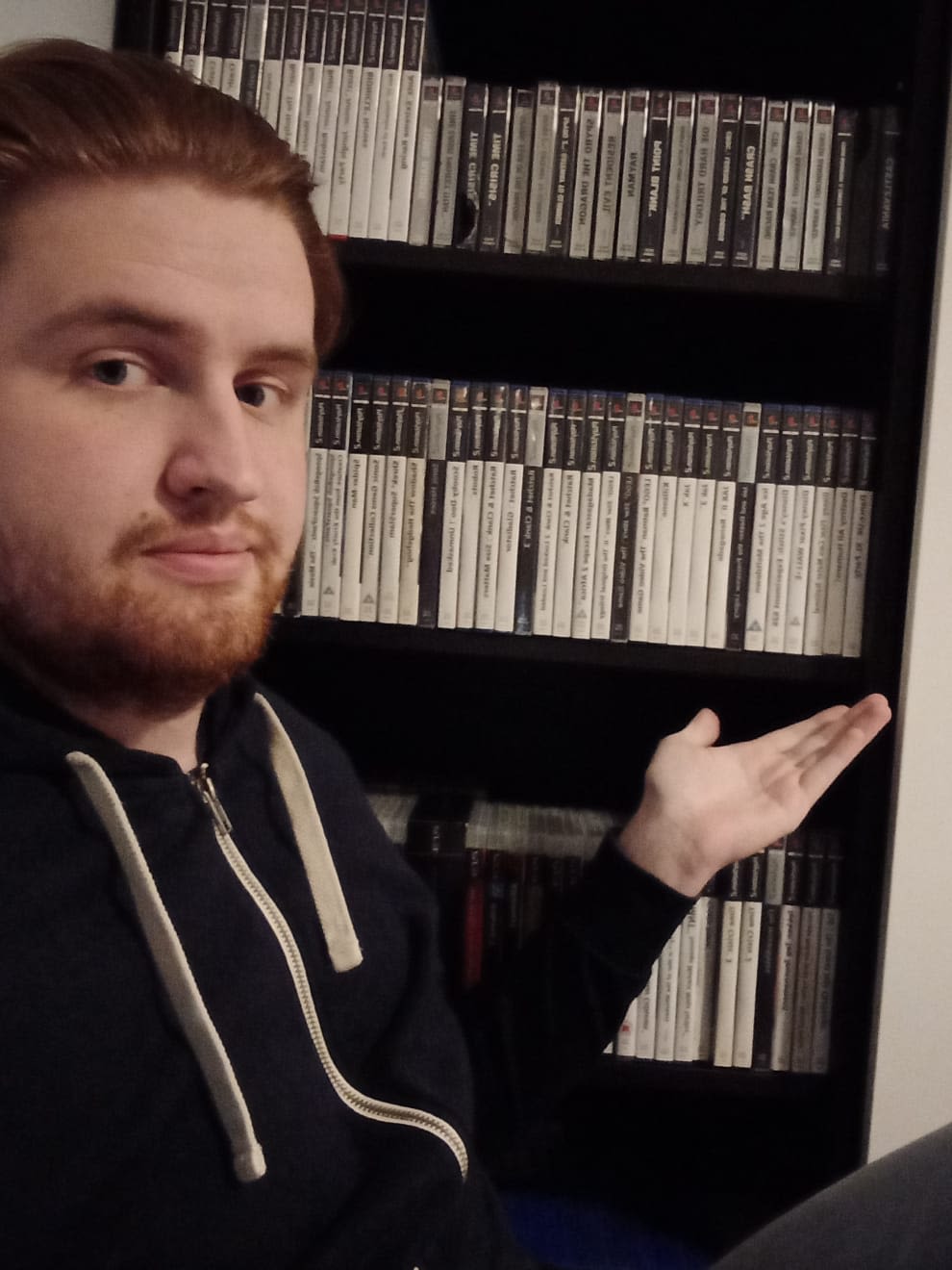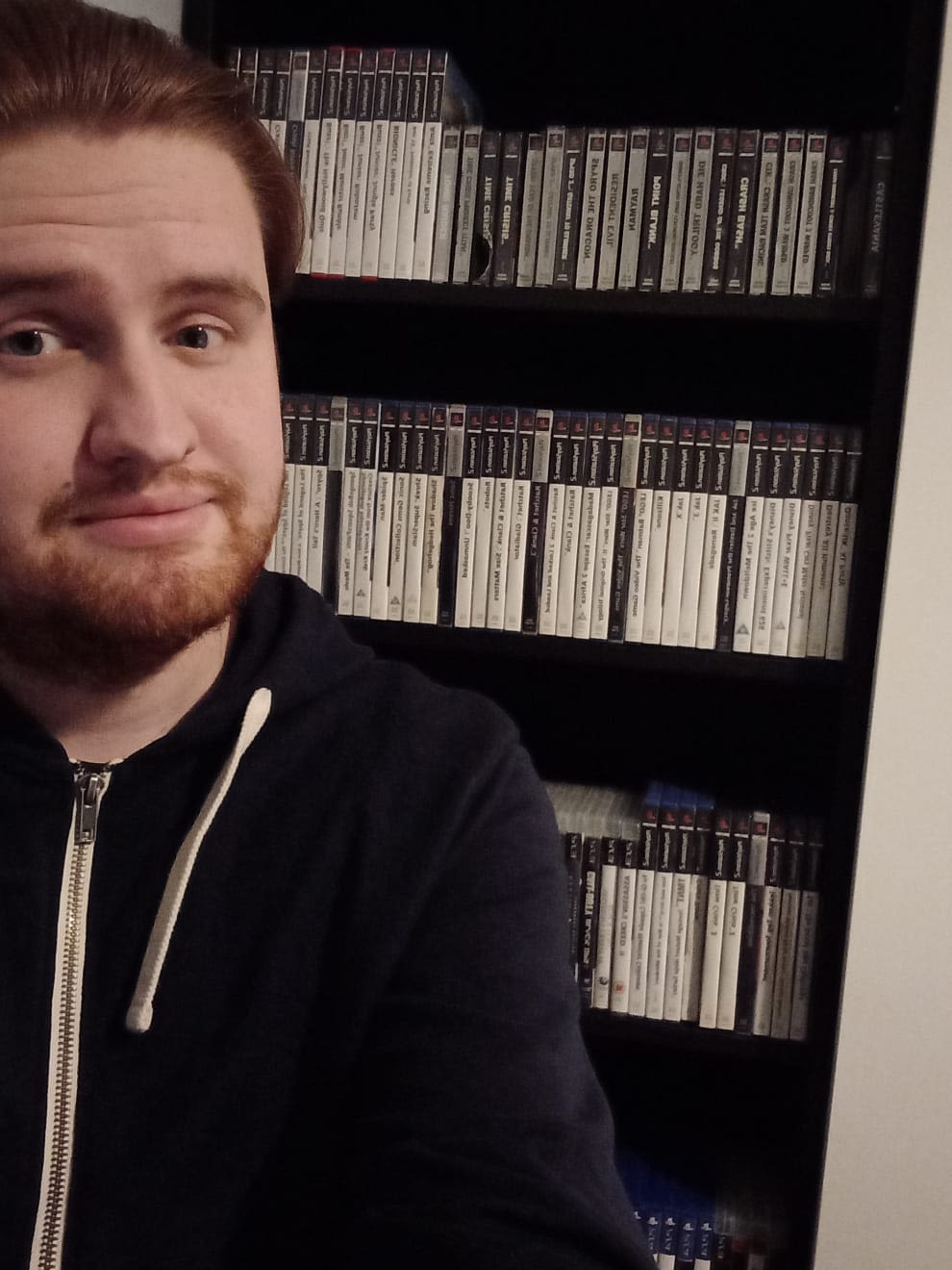Gaming is Mental Health's Unsung Hero
By Ellie McDonald
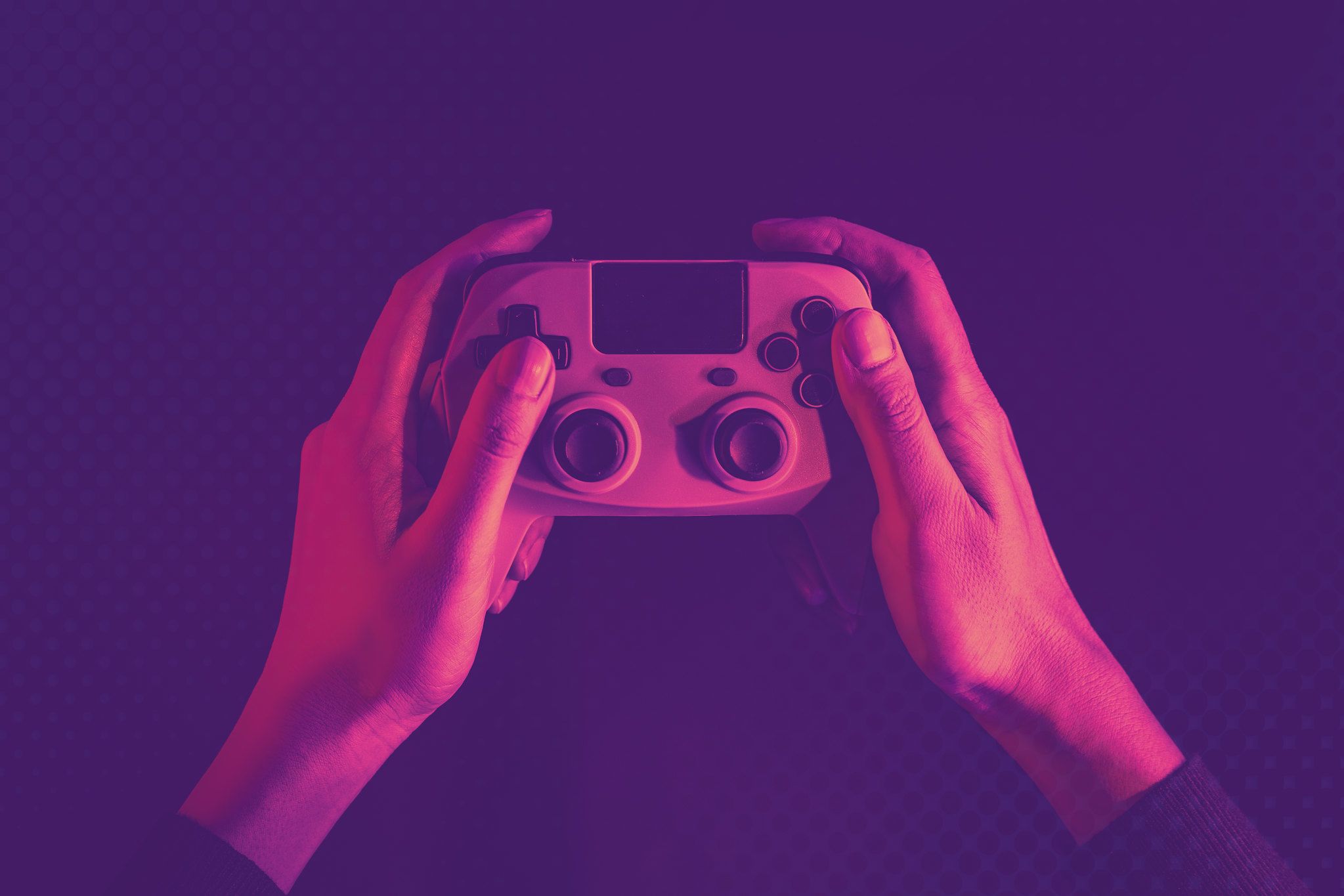
Introduction
People's perceptions about video games and the people who play them are changing.
Gaming, once vilified as a cause of violence and gambling addiction, was the thing that everyone turned to during the pandemic, where they could no longer socialise in person.
According to Statista, in 2020 British consumers spent around £4.2 billion on video games, representing a 14.5% growth from the previous year. It was also the first time that video game spending in the UK surpassed the £4 billion mark.
During this time, most other forms of entertainment in the country were shut down, and so video games exploded in popularity.
Games such as Animal Crossing: New Horizons sold a grand total of 31.8 million copies globally in 2020 according to Nintendo, quickly becoming the go-to lockdown game.
Video games became one of the most popular forms of entertainment and allowed people to connect with family and friends they would have not been able to see. It was also a great way to have fun and take your mind off of the pandemic, even for a little while.
However, for others, gaming is more than just something to pass the time. For some people, gaming is a way to improve their mental health and wellbeing.
Many people find video games to be an escape from reality, giving them a sense of purpose and accomplishment. It may bring them genuine happiness and help them ease feelings of loneliness.
And this isn’t just subjective to people’s gaming experience. It has been scientifically proven.
After chatting with Niklas Johannes, a University of Oxford researcher, it has been discovered in a research paper conducted at University of Oxford in 2020 that playing video games such as Animal Crossing: New Horizons is positively correlated with having better mental health and wellbeing.
The research is ground-breaking in the sense that it is one of kind, as it uses actual industry data from various gaming companies like Nintendo of America and EA to calculate its findings.
The study found that people who played with others on video games experienced more positive wellbeing.
Find out more below about statistics on mental health, more about The Univeristy of Oxford study, and the people who have had their mental health improved because of gaming.

Alicia's Story
Gaming can help people in various way, including helping them cope with stressful times.
One of those people, Alicia Mears, 20, a full time student from Kings Lynn, Norfolk, has spoken to us about her experiences.
Alicia, who was diagnosed with autism five years ago, is currently under investigation for ADHD and has struggled to get an appointment for this due to the pandemic.
Gaming has helped her through this stressful time, and in particular she has found comfort in the popular villager characters in Animal Crossing: New Horizons, and characters in online shooter game Overwatch.
She said: “Some games definitely have comfort characters, if that makes sense. Like the characters that are in Overwatch. I absolutely adore Mercy, she's definitely a really big comfort character for me.
"I just think they can be very helpful, calming and relaxing. Especially in games like Animal Crossing where it won't force you to anything. It's just like, do what you want when you want kind of thing.
“I quite like the villagers in Animal Crossing and the interactions you can have with them. You can have friendships with them, and they can give you presents and you can give them one back.
"And then when you get a new villager that you've always wanted, it's always really nice. And when you get a villager you don't particularly like, you can go to all the different little islands and try and find one you do like.”
Alicia began gaming when she was 13, and particularly loved playing Nintendo games such as Animal Crossing: New Leaf. At the moment, she plays a large range of games including League of Legends, Overwatch and Smite on different consoles and PC.
On whether Alicia believed the games she played helped her have better mental health, she wholeheartedly agreed.
“I think Animal Crossing is a really good one for mental health because it's a very upbeat game. Nothing bad ever happens in Animal Crossing and it’s like a break from everything else. It's slow paced and there isn’t really an objective.
“Animal Crossing is a great example of how games should be, especially with how inclusive Nintendo have become recently. When you make your little character, it doesn't ask if you want to be a male or female, it just asks what style you want.
"I just think Animal Crossing has always been one of the best games. It's very upbeat, you can grow flowers and stuff. It's just really good and Nintendo as a company has become so much better.
“Games like Animal Crossing and Pokémon are great for mental health. Most Nintendo games are quite good and usually the safest, especially for mental health. Their games are always so happy and colourful.”
She also mentioned that making friends in online games boosts her well-being, especially during the multiple lockdowns over the course of the pandemic.
“I think even if you don't make friends with people, it's still nice to just talk to new people, especially in Overwatch, where you have the group finder.
"Sometimes you stay friends with them. And sometimes you don't. But I just think it's nice to go online and there's always someone there playing.
“Online games were great, especially during lockdown, because everyone's inside. So, you know, there are loads of people to talk to online.
"You've got games like VR chat now where you can go in arcades with people. I think that's really good for keeping up the friends you couldn't see. It's great. With online games, sometimes you meet really nice people.
“But I think single player games can be great for your well-being too. You can build your own little world, like Animal Crossing on your own little island.
"You get a sense of achievement in like games like that. And with those achievements, you're like, Oh, I did this, and that's a nice feeling as well.
“It’s nice because it's your own thing. No one can tell you what you're doing is not right. If you mess up on League of Legends, someone is going to blame you.
"But if you make a mistake on your Animal Crossing Island, no one is going to sit there and have a go. You can do what you want. It's just easier.”
However, Alicia also thought that some games and gaming communities could be detrimental to your well-being due to her personal experience of toxicity in some gaming communities.
“With multiplayer games, it's kind of a mixed bag. You do also meet some really nice people online, but then you also meet some not nice people online. So I feel like it depends on who is in your lobby. And that's not really in your control.
“I think the only games that would affect mental health negatively would be like online ones like Call of Duty and League of Legends where there are people on there who will just have a go at you, and there's not much you can do about it.”
As a female, Alicia has also experienced harassment on games like Valorant, an online, free-to-play hero shooter.
“As a female on Valorant, you will definitely get harassed in my opinion. I've only played it once, and I would never again. A lot of the people online on that game are sexist. It's just ridiculous.”
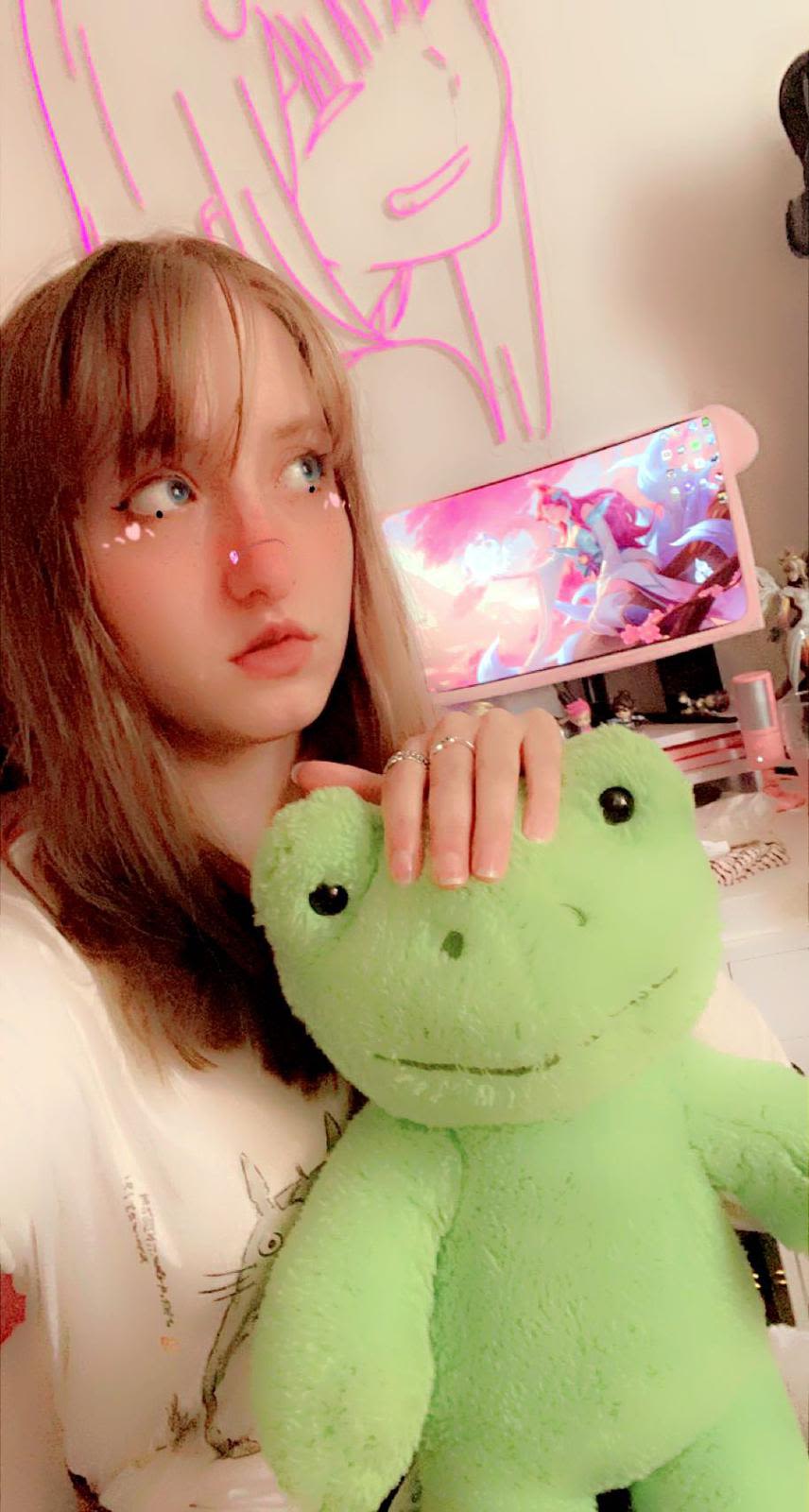
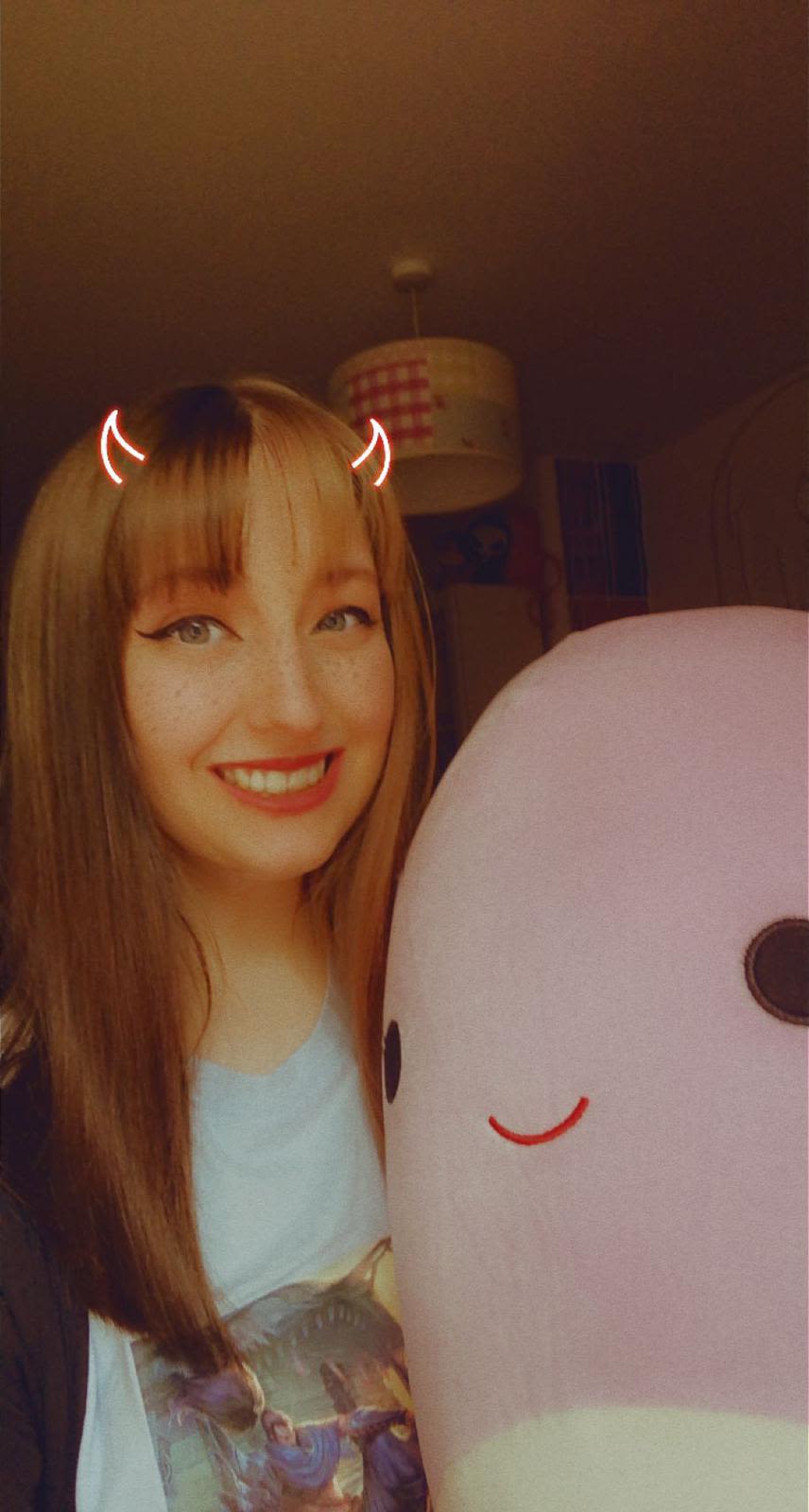

Madi's Story
Other people can see gaming as a way of escaping from reality and finding solace, comfort and relaxation in what they play.
Madi Gyton, 22, from King’s Lynn, Norfolk, also uses gaming as an escape from reality.
After being bullied in primary school, coming to terms with an ADHD diagnosis and feeling suicidal, Madi used gaming to help her escape from the reality she found herself in.
She said: “When I was in primary school, I was quite badly bullied. I did change schools eventually. But I used to play this game called Habbo Hotel. It's a game where you build rooms, make friends, and stuff like that.
"I didn't really have many friends at the time, so I sort of made friends on there. Whenever I'd get home from school and I was having a bad day, I'd get on that and escape from reality.
“I was later diagnosed with ADHD. So I was a bit different at school, people thought I was the weird kid and stuff like that. I didn’t really know how to socialize properly.
"So, I had quite a lot of people picking on me or, you know, calling me weird or being a bit nasty at school. I’d always just go home and be sad and felt like I had no friends. So that's why I sort of started playing games.
“So many times I've felt down and suicidal. But I've made friends on games that have helped me when I felt like I couldn't speak to people in real life.
"I could make connections online where I felt more comfortable speaking, and could forget about the real world.
“Sometimes in the past I felt like I had nothing to live for at certain points. But when I'd go on a game, it would feel like, well, this brings me joy.
"It was one of the only things that would bring me happiness in my life. Things have gotten a lot better since. But I feel like that helped me through those times.”
“I'd say I play to escape reality and society and working everything like that. So at least I can have some enjoyment on my games, you can use your imagination there.”
Madi has been playing games since primary school when she got her first laptop and got involved with online games ever since then. She particularly enjoys games which are based around fashion, and Nintendo Switch games like Animal Crossing New Horizons in particular.
She believes that games such as Animal Crossing could really benefit your mental health and agreed with the Oxford University study that playing games is correlated with having better mental health.
“I would agree with that study. And that's why I agreed to do this interview today because I feel like more studies should be done on this topic and more awareness should be raised for how games can affect your mental health rather than thinking oh, they're a loser they sit inside playing games.
“Animal Crossing: New Horizons was my first Animal Crossing I'd ever played- but I loved it. I find the music so calming on it. I'd spend nights buying loads of Nook Miles Tickets off eBay and tried to get my dream villagers. I got so obsessed with it!
"The music's calm and it feels like you're on your own the island. It's just such a good thing that you can be on your own if you want to, but you can also like interact with people if you want to as well.
“I ordered my Switch during lockdown. It gave me something to do and it calmed me down. You go on that game you've got that calm music so it definitely made me feel relaxed.
"With Animal Crossing you learn things along the way. Like how you start the game from scratch, and it teaches you how to do every step, and eventually you get into it and learn more.”
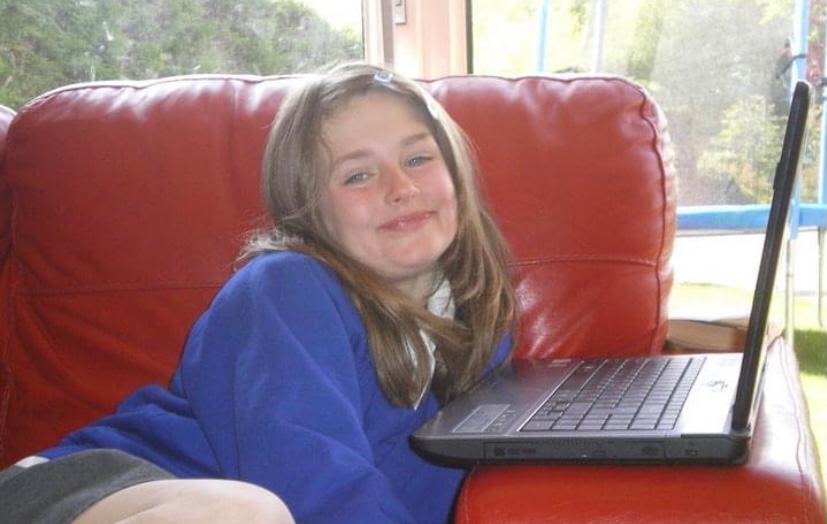
Tyler's Story
Some gamers even play to help deal with loneliness and give them a sense of accomplishment and purpose.
One of those people, Tyler Long, 23, from Wisbech St Mary’s in Cambridgeshire, has been gaming since a very young age. He enjoys survival horrors games such as Resident Evil, and others like Crash Bandicoot and Overwatch on the PS4.
Tyler had experienced some low points in his life, and felt that gaming helped him to get through these tough times. However, he mentions that he believes games can be both positive and negative for people’s mental health.
Tyler said: “I have had a couple of low periods and Minecraft was particularly pretty good for that. Because of the repetitive actions in it, it just lets you turn off and you can listen to a podcast or music or something while you play and keep your mind occupied.
“Gaming is good for when I'm bored or lonely and I need to do something. Because it's such a simple game, it's easy to binge it.
"And then afterwards, you get to look back at what you've built and go, yeah, I've done that. That's pretty cool. So you get a feeling of accomplishment from it after a while as well.”
Even games that are seen as particularly challenging Tyler believes can help you feel more positive, such as Hollow Knight.
“That is a game I'd like to play when I'm up for a real challenge. Because games like that, which are really hard and require a lot of trial and error, can be really stressful to get through!
"But once you do get through and can do what you used to struggle with really easily- that is a really good feeling.”
